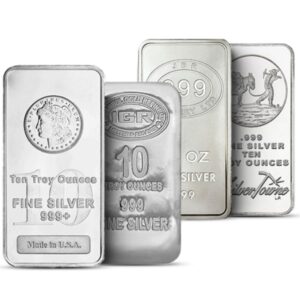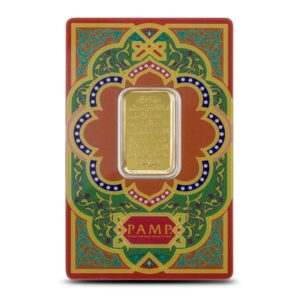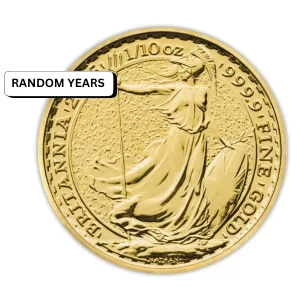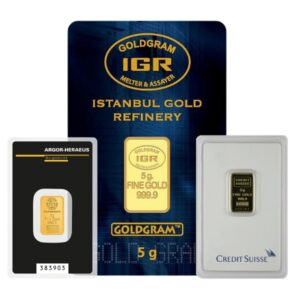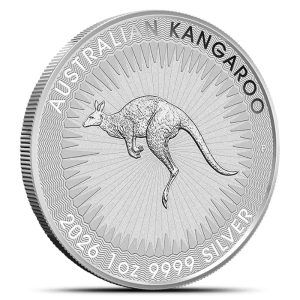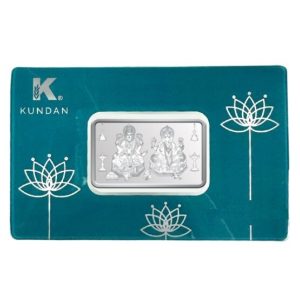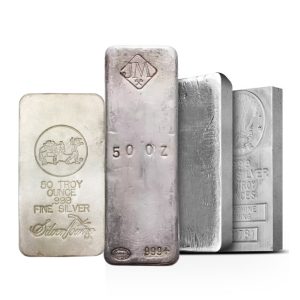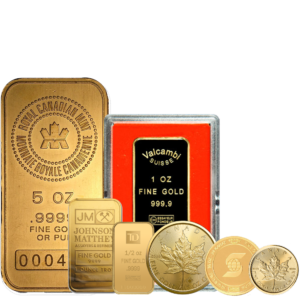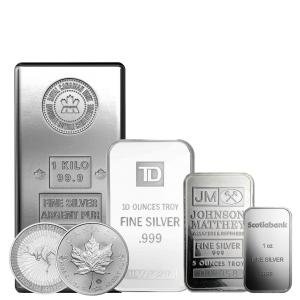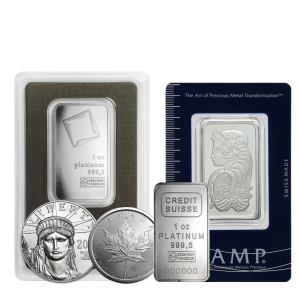For centuring Gold has been seen as a valuable asset. This precious metal has not only held cultural and religious weight but also economic gravitas. An interesting observation is the ascent of gold prices in the face of war or political turbulence. What drives this? Let’s explore the underlying reasons.
-
The Safe Haven Appeal of Gold:
In the face of unpredictability, investors have an affinity for gold. As wars usher in economic unpredictability, potential currency value shifts, and international tensions, the stability of gold stands out. It doesn’t rely on governmental decisions or corporate performances, making it a reliable anchor.
-
Distrust in Fiat Currencies:
War can lead to trade barriers, sanctions, and strained diplomatic relations. These scenarios can erode the value of a nation’s currency, especially if it’s at the epicenter of the conflict. In such cases, gold remains a resilient beacon of value.
-
The Shadow of Inflation:
Financing wars is a hefty endeavor. To fund war efforts, governments might pump more money into circulation, leading to potential inflation. With gold’s limited availability, it serves as a protective shield against these economic tides.
-
Moves by Central Banks:
Gold finds a prominent place in the coffers of central banks. When global tensions rise, these banks might bolster their gold reserves, both as a protective measure and a confidence booster for their economies. When they amass more gold, it naturally pushes the prices higher.
-
Interruptions in the Gold Supply:
War zones can impede gold mining and its distribution, particularly if they’re close to gold-rich areas. This combination of dwindling supply and heightened demand is a recipe for rising prices.
-
The Speculation Game:
The trajectory of gold prices isn’t solely governed by supply and demand. Speculative actions play a part too. Many traders, anticipating a gold rush during conflicts, may stock up, further propelling its price.
-
The Power of Sentiment:
Beyond logic, there’s the sentiment. The shine, history, and deep-rooted significance of gold resonate with people. In tumultuous times, this emotional connection only strengthens, drawing individuals towards the perceived stability of gold.
Wrapping Up:
The dynamic between gold and geopolitical conflicts is a blend of economic rationale and human emotion. The factors highlighted above collectively influence gold’s pricing in times of upheaval. For savvy investors, this understanding can guide investment decisions during unpredictable periods. For the everyday person, it underscores the extensive economic ripples wars can create, even in seemingly unrelated sectors.
Tags: Gold Prices During Wars
 Hi,
Hi,

